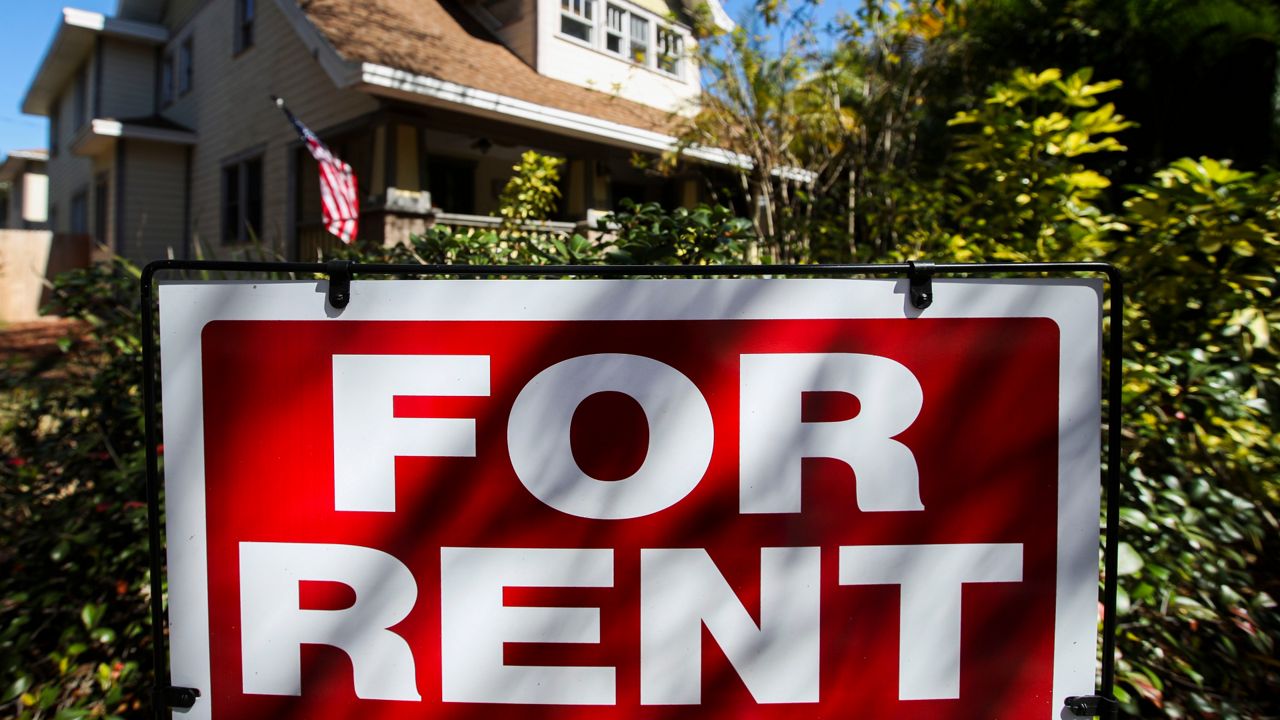The Tampa Bay area has gone from a hidden gem to one of the hottest destinations in the country. But as more people have moved here, rent has increased consistently. Since 2018, rent has spiked 38% in Tampa and 36% in St. Petersburg according to data from the real estate firm CoStar.
Casey Babb is an executive vice president for Colliers in Tampa who focuses on multi-family housing. He said the past couple of years have brought a flood of investment to the region, with developers buying up land as fast as they could.
But now, the multi-family market has slowed substantially. Transaction volume dropped 64.8% year over year in the first quarter of this year, according to data from Colliers.
What does this mean for developers and for renters? Babb shares his predictions for the local market in this interview.
Florida has seen a lot of growth in recent years. What’s causing that and how has that changed the housing market?
People have always been coming to Florida. Then COVID happened and it was accelerated. It was like gasoline on the fire. Politics also plays a role in it. We’re a state that’s pro growth pro business.
Tampa Bay is considered to be one of the top markets in the country along with places like Austin, Texas, and Nashville, Tenn. It’s got it’s got a very, very diverse economy. It’s got a very, very good kind of quality of life. And even though things are expensive in our local bubble, they’re really not that expensive if you look at our prices as compared to California, New York, Miami. And so it’s all relative.
But with all these people moving here, there’s a shortage of (housing) supply and there’s constant demand. Unfortunately, that keeps prices higher.
How has the multi-family housing market changed in the past year?
The market was headed on a very dangerous track that was going to eventually come off the rails. It was not sustainable, the things that were happening in our world. Property values shot through the roof. Rents obviously shot through the roof as well, which is good for landlords, bad for tenants.
But (the Federal Reserve has) raised rates substantially, which has slowed everything down. That’s produced a kind of a shock to the system.
There’s a lot of landlords out there that bought compressed cap rates. Their whole business plan was centered around adding value to the property and then selling one day at a profit. Now that whole plan is kind of on fire and they’re backpedaling and playing defense and trying to figure out how to just get their money out.
There’s a lot of interesting things happening out there. The markets have been very quiet. It’s very difficult to transact business in Florida.
Are there any challenges that are unique to our local market?
There’s an absolute insurance crisis unfolding here in Florida. Depending on the property, depending on the type of construction, the location, your insurance has gone up between three and five times. And that’s just in the last, really in the last six months.
It was already starting to get bad and then Hurricane Ian and Hurricane Nicole both compounded the problem. So that is really kind of on top of everything else making it a very difficult market for everyone here.
Our area is not the easiest to develop in. Looking at Pinellas County and most of Hillsborough County, at this point it’s built out. So you literally have to knock something down and repurpose the site in order to manufacture new housing. There’s not a lot of vacant land just laying around.
We’ve got a lot of water obviously. There are a lot of environmental concerns with wetlands.
Developers really cannot build fast enough in our area.
Given all these challenges, what will the next few years look like? Will multi-family construction come to a halt?
There are still lots of cranes in the sky right now. If you drive around, you will inevitably see apartment complexes being built. That’s because it was an absolute land grab like no one has ever seen in 2020, particularly 2021.
Most of the projects that you see underway got their financing and their permits and everything together before September or October of last year. So they were able to lock in a lower interest rate.
But if you missed that window, your project might be delayed.
So what you’re going to see is basically a wave of supply hitting this year and into 2024. And then that’s gonna be followed by not a whole lot in 2025. That’s because the deliveries of these apartment complexes tend to lag about two years behind what’s actually happening in in the current economy
How have rising rents impacted Floridians?
Post-COVID, (rents) have gone up probably 50% on aggregate. That’s a substantial increase Meanwhile, wages have not kept up.
In a place like Tampa it’s very common to see teachers and firefighters and police having to live and commute in from Pasco and Hernando County where they can find housing that fits their budget. That is a major problem for an economy, for a society.
How can we solve that problem?
A new law called the Live Local Act was just passed a few weeks ago. It does a number of things. It preemptively bans rent control, which investors and developers love and it will cause them to produce more housing in general. You’re now going to have a streamlined process as a developer to maybe take a commercially zoned site and build multifamily with 40% of the units set aside for affordable/workforce/attainable housing.
If developers are setting aside affordable housing within their project, they can also get substantial tax breaks.
Local municipalities are figuring out how to implement this into their comp plans. And there’s a lot of question marks because it hasn’t even taken effect yet. It’s going to be a very interesting process in terms of how it unfolds.
We’ll still be grappling with the same expensive cost of capital in the near term. But long term, this law will absolutely produce lots and lots and lots of housing. And that has proven to be the best antidote for housing prices. More supply will bring prices down. Less supply has the opposite effect.
To get more news and information from this partner, subscribe here.




